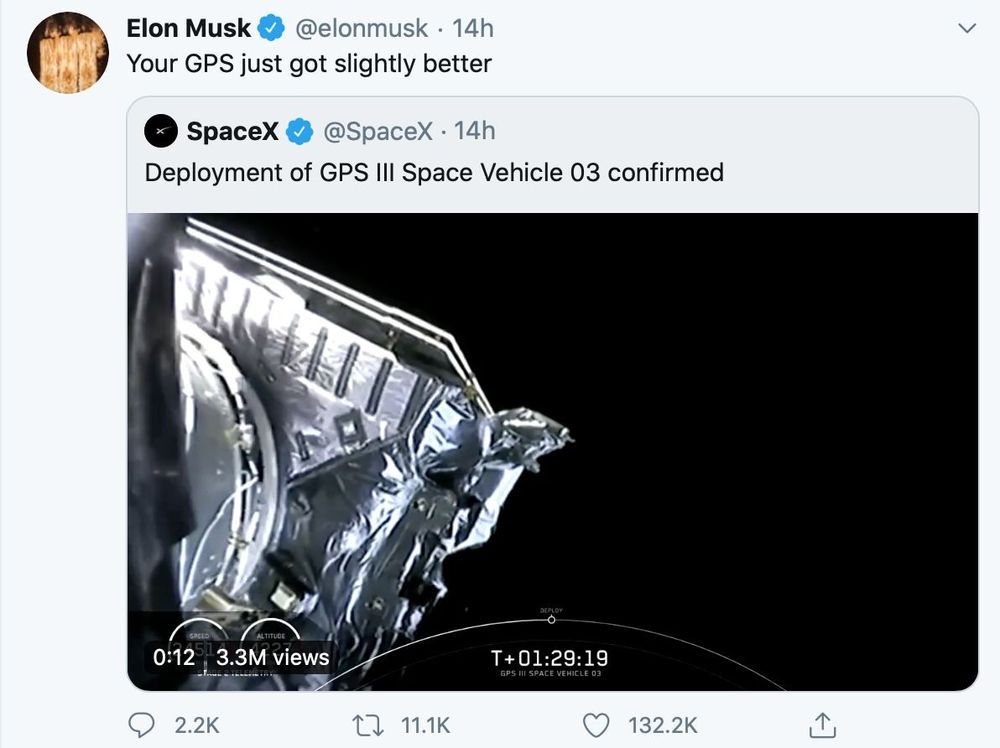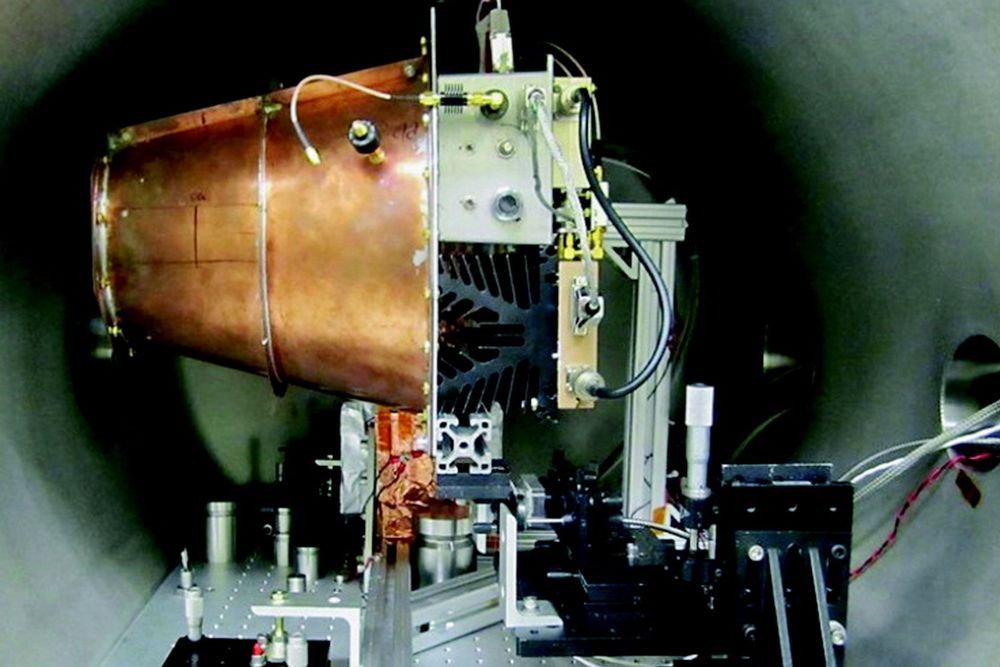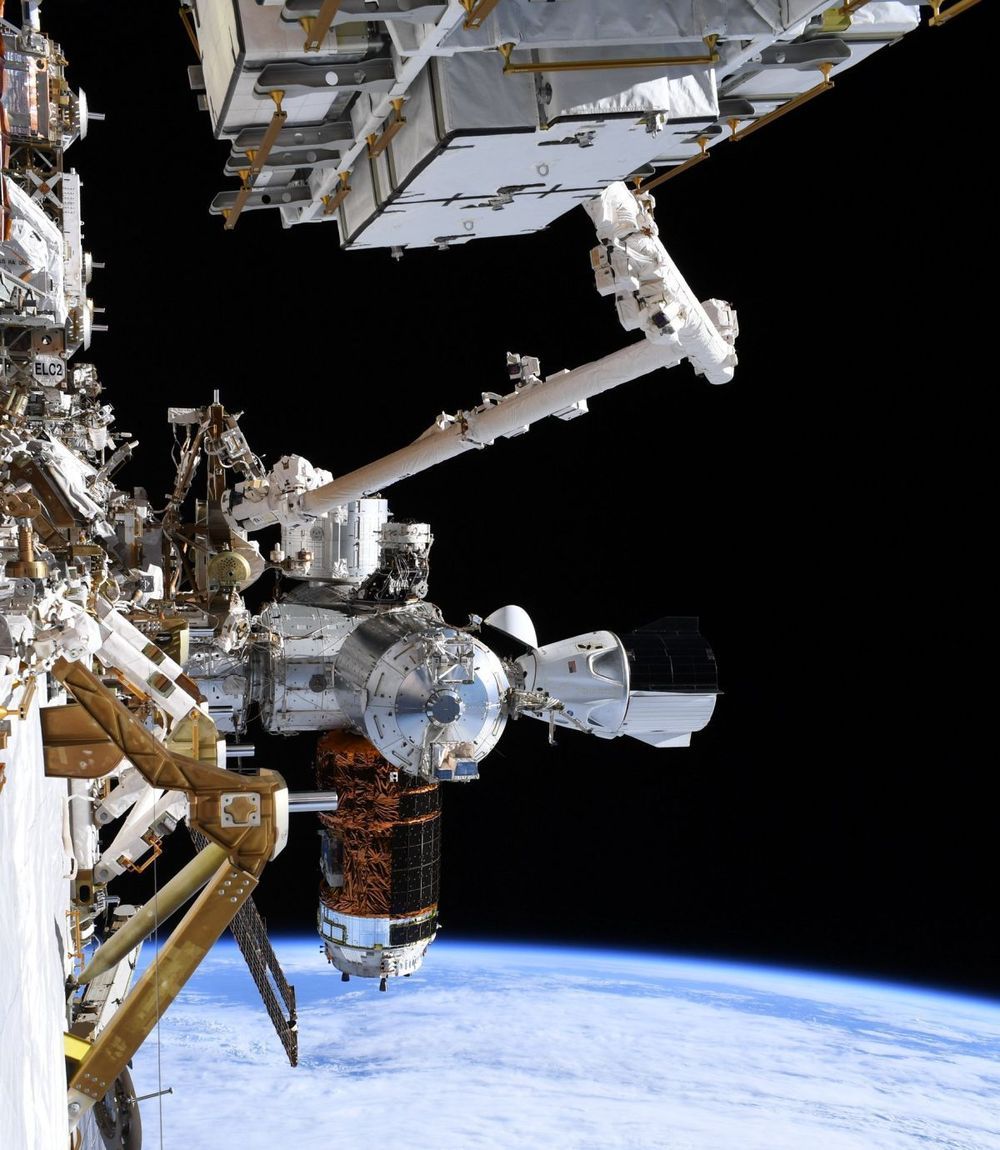Last fall, NASA unveiled the new suits that Artemis astronauts will wear when they take humanity’s first steps on the lunar surface for the first time since way back in 1972. The look of the A7LB pressure suit variants that accompanied those earlier astronauts to the Moon, and later to Skylab, has since gone on to signify for many the definitive, iconic symbol of humanity’s most ambitiously-realized space dreams.
With Artemis’ 2024 launch target approaching, NASA’s original Moon suit could soon be supplanted in the minds of a new generation of space dreamers with the xEMU, the first ground-up suit made for exploring the lunar landscape since Apollo 17’s Eugene Cernan and Harrison Schmitt took humanity’s last Moon walk (to date). Unlike those suits, the xEMU’s design is getting an assist from a source of “brain” power that simply wasn’t available back then: artificial intelligence.



